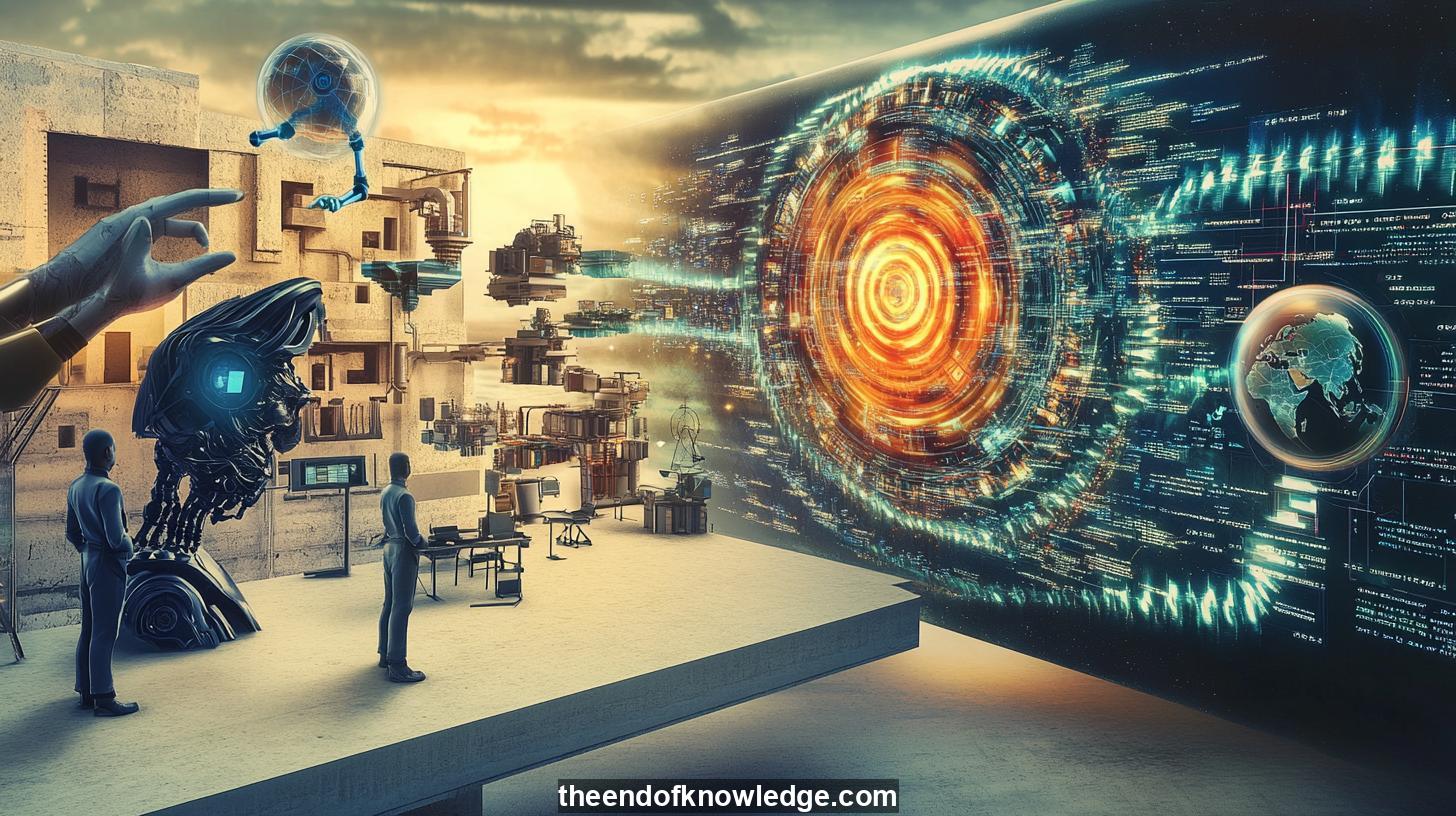 >
>
Concept Graph, Resume & KeyIdeas using DeepSeek R1 :
Resume:
The discussion revolves around the transformative impact of artificial intelligence (AI) and new technological models on businesses and society. It begins with an introduction to a program focused on exploring these advancements, highlighting the role of José Mussach Gómezz, an expert in telecommunications and data science. The conversation emphasizes the rapid evolution of AI, particularly in language models, and their integration into various industries such as healthcare, education, and finance. Key topics include the role of the Chief Artificial Intelligence Officer, the importance of fine-tuning AI models for specific use cases, and the challenges of data privacy and security. The discussion also touches on the ethical implications of AI and the need for continuous learning and adaptability in a rapidly changing technological landscape. The potential for AI to create new business opportunities and improve societal outcomes is underscored, while also acknowledging the risks and challenges associated with its adoption.30 Key Ideas:
1.- The program discusses the impact of AI and new technological models on businesses and society.
2.- José Mussach Gómezz, an expert in telecommunications and data science, shares insights on AI's evolution.
3.- AI's rapid advancement, particularly in language models, is transforming industries like healthcare and finance.
4.- The role of the Chief Artificial Intelligence Officer is highlighted as crucial for integrating AI into businesses.
5.- Fine-tuning AI models for specific use cases is essential for maximizing their potential.
6.- Data privacy and security are significant challenges in the adoption of AI technologies.
7.- Ethical implications of AI require careful consideration and regulatory frameworks.
8.- AI has the potential to create new business opportunities and improve societal outcomes.
9.- The future of work may be redefined by AI, with new roles and opportunities emerging.
10.- AI can optimize resource distribution and improve healthcare outcomes.
11.- Continuous learning and adaptability are crucial in a rapidly changing technological landscape.
12.- The program emphasizes the need for responsible AI deployment.
13.- AI's economic implications include potential job displacement and the need for new skill development.
14.- Education and training are essential for preparing workers for an AI-driven economy.
15.- Governments and organizations must support innovation and ensure equitable access to AI technologies.
16.- The discussion encourages exploring AI's opportunities and challenges responsibly.
17.- AI's integration into industries like education can enhance learning experiences.
18.- The importance of multimodal AI, combining text, images, and videos, is discussed.
19.- AI can automate workflows, generate content, and enhance decision-making processes.
20.- The potential for AI to improve marketing strategies and customer interactions is explored.
21.- AI's role in predictive maintenance and optimizing industrial processes is highlighted.
22.- The ethical use of AI in military and surveillance applications is a concern.
23.- AI can revolutionize the legal sector by automating document analysis and contract review.
24.- The importance of human-AI collaboration in enhancing creativity and problem-solving is emphasized.
25.- AI's impact on the future of transportation and logistics is discussed.
26.- The program highlights the need for societal adaptation to AI-driven changes.
27.- AI's potential to address global challenges, such as climate change, is explored.
28.- The importance of diversity and inclusion in AI development is underscored.
29.- The discussion raises concerns about the digital divide and equitable access to AI technologies.
30.- The program concludes by encouraging responsible innovation and ethical AI development.
Interviews by Plácido Doménech Espí & Guests - Knowledge Vault built byDavid Vivancos 2025